Dundee United have held talks with referees’ chief Willie Collum over fears that the SFA’s weekly Key Match Incident (KMI) panel could be negatively impacting officials, Courier Sport has learned.
The KMI initiative was introduced at the start of the campaign with the admirable goal of increasing transparency and accountability.
The five-person panel consists of three independent members with careers within Scottish football (coaches, former players or media figures), one representative from the SFA and one from SPFL clubs.
The individuals rotate, and an expert knowledge of the rule book is not a prerequisite to sit in judgement of potentially challenging calls.
They vote on the accuracy of VAR decisions from the previous round of fixtures and the results are released on a Friday afternoon, less than 24 hours before most referees are due to be in action once more.
And Courier Sport understands that United’s long-standing concerns about that process and its potential impact on officials have been exacerbated by Saturday’s Premiership fixture against Kilmarnock.
Sevelj shocker
Senior Tannadice figures remain incredulous that Danny Armstrong’s high, studs-up follow-through on Vicko Sevelj – who reported to training this week with a visible cut to his leg – was not referred to the VAR monitor.
United accept that the penalty awarded to Kilmarnock and Sam Dalby’s spot-kick claim after being caught by Kieran O’Hara were both subjective calls.
The wider concern, expressed to Collum on Monday, is whether the results of the prior KMI panel – which declared TWO decisions from United’s victory over St Mirren to be erroneous – placed undue pressure on VAR Alan Muir.
Was Muir made more reticent to urge on-field referee Steven McLean to attend the monitor?
It is believed United hope to hold further talks with Collum regarding the merits of the KMI panel as the SFA’s new head of refereeing seeks to improve the standard of officiating in Scotland.



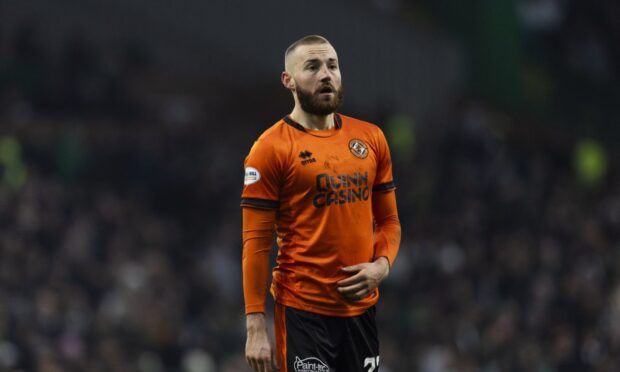


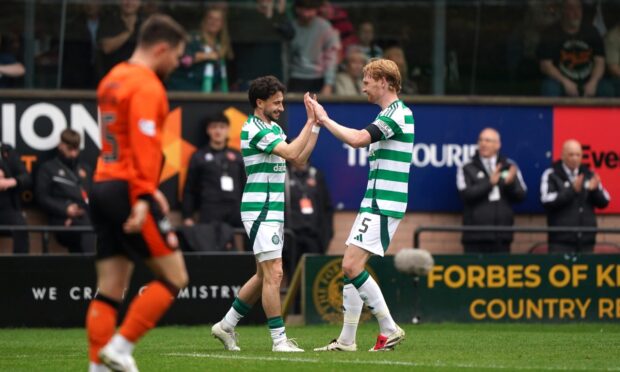
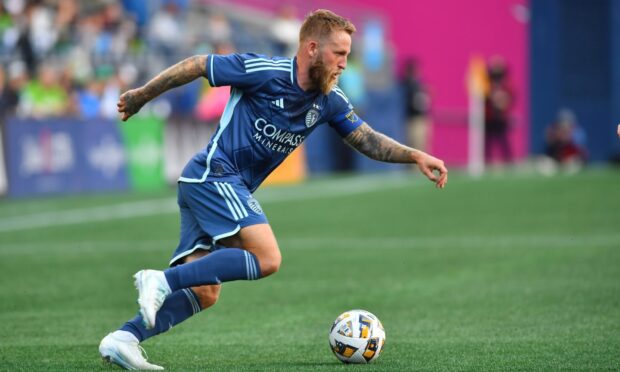
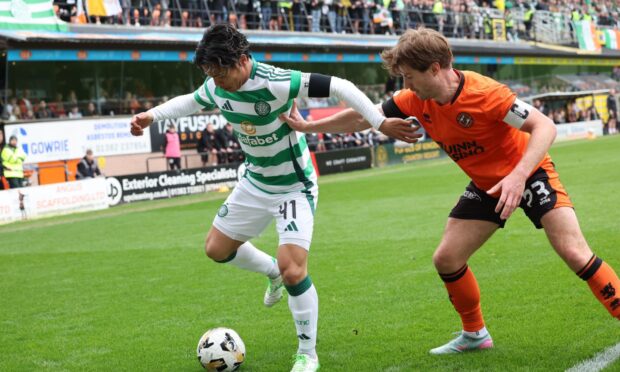
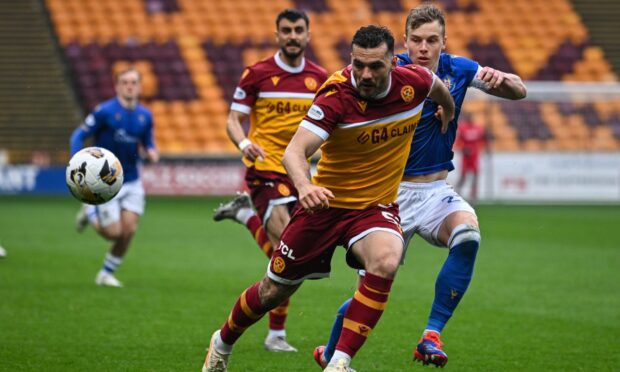
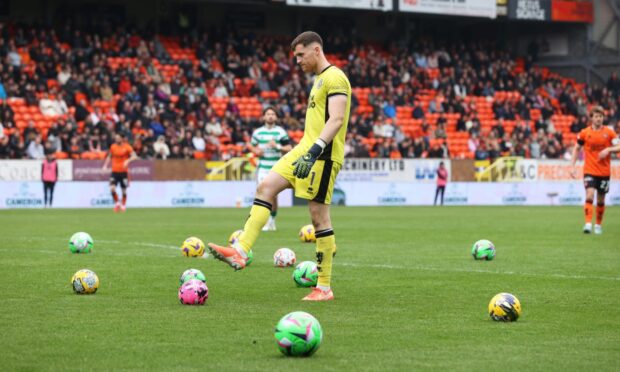
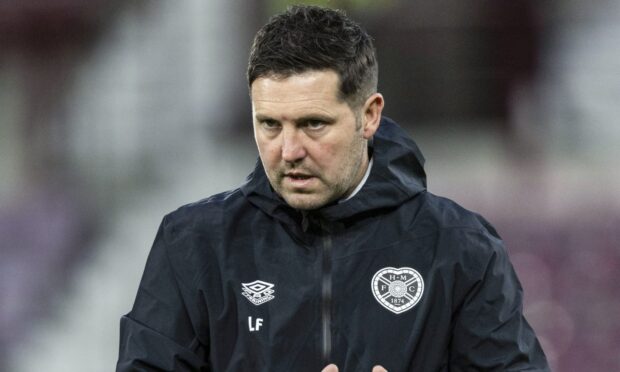
Conversation